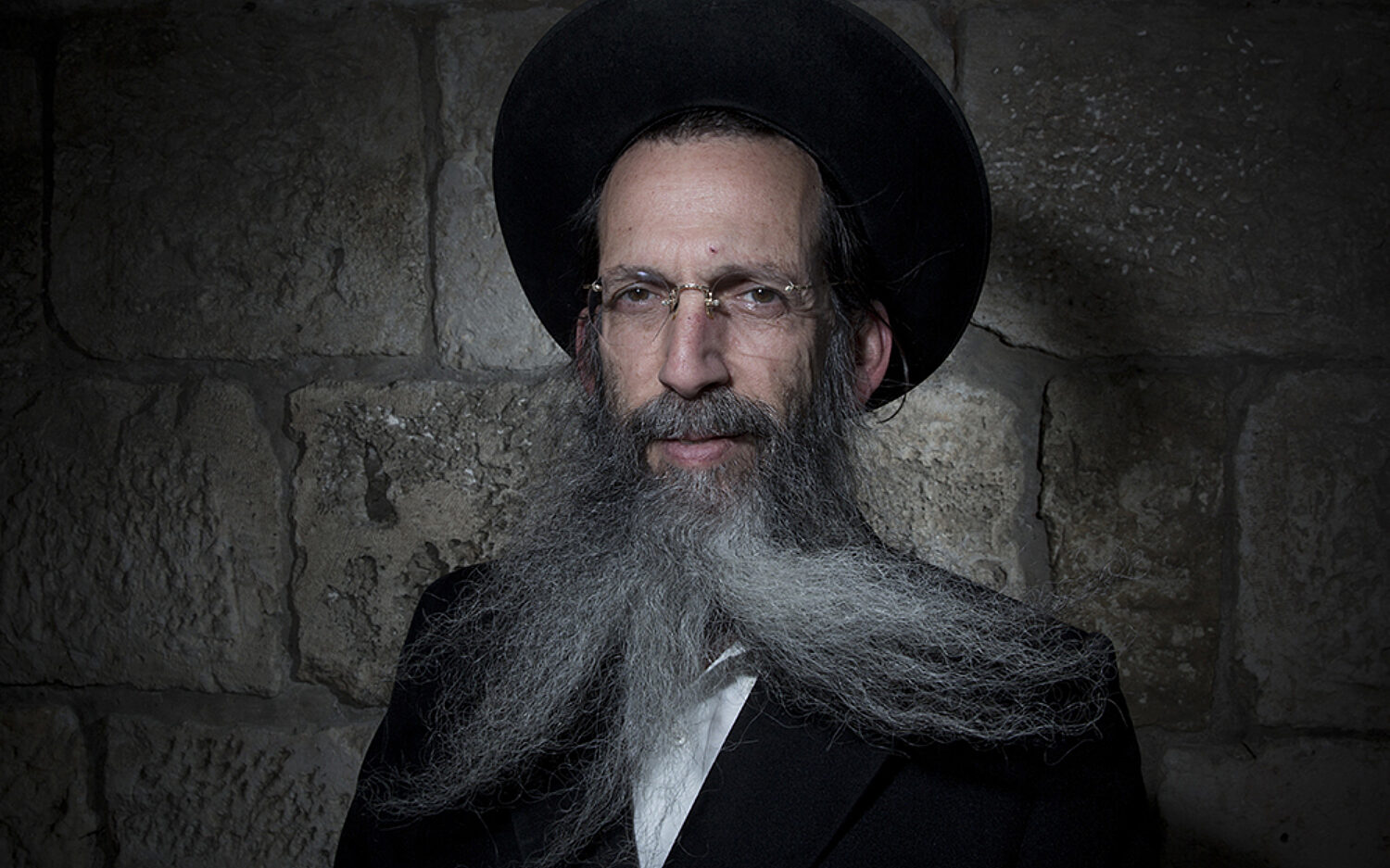Participants in the facial hair trend—hipsters, lumberjacks, and would-be Santas—all sport beards of varying colors, shapes, and lengths. Dying, curling, braiding, and trimming fads come and go. There are signs today that the beard is losing its popular appeal. Gradually, more men are opting for a clean-shaven look once more. But in Jerusalem’s Old City, beards among ultra-Orthodox Jews, Greek Orthodox clerics, and Muslims abound—as they have for millennia.
Beards for Years
Beards have long been viewed as statements of religious devotion, a reflection of social values, or even a declaration of political views. Some religions and cultures—certain Hindu sects, married Amish men, and others—encourage beard growth. Other groups view beards as signs of status, strength, or wisdom.
Certain jobs that require breathing masks—firefighters, oil and gas workers, or pilots—may ban beards for safety reasons. And people who live where beards are unfashionable may view facial hair as improper, dangerous, unclean, or even a sign of insanity.
Jewish Custom
The tradition of religious Jews’ wearing beards is rooted in Old Testament guidelines. Leviticus 19:27 forbids “marring” beard edges. Jews point to Moses, David, and Jesus as having beards.
Eitan Press, a Jewish businessman in Jerusalem, has a full red beard. He believes men with beards should “act with greater kindness, compassion, and sensitivity toward the world” because they wear “a divine quality” on their faces. One wonders if that principle doesn’t apply to everyone, however, as all men, women, and children are made in the image of God.
Michael Silber, a beard researcher, says some Orthodox Jewish communities consider facial hair holy. He says men refrain from combing their beards, fearing they will pull hair out. What falls out naturally is sometimes preserved in prayer books.
Muslim and Greek Orthodox Traditions
Islamic scholar Zuheir Dubai says Muslim men also grow beards for religious reasons. Muhammad supposedly urged followers to wear beards and short mustaches.
Some Mideast governments shave prisoners’ mustaches for humiliation. And in Syria, Jordan, and Lebanon, men may swear by their mustaches, touching them to convince people of their honesty.
Greek Orthodox priests wear bushy beards as signs of devotion to God and tributes to Jesus—who is traditionally portrayed with a beard.
Other Facial Hair Motives
Still other bearded men in Jerusalem just like the style. But barber Tal Johnson says growing a beard isn’t simple. “You can’t eat with it,” he says, noting that soup or runny egg in the beard is a real problem.
Heath Loftis is an American visiting Jerusalem. He grew his beard after being in the U.S. Marine Corps. Marines must be clean-shaven. “I grow it out now as a freedom, but also as a tribute to that time in the Marine Corps.”
Clearly, the reasons for facial fur can be as diverse as the styles of wearing it.





















